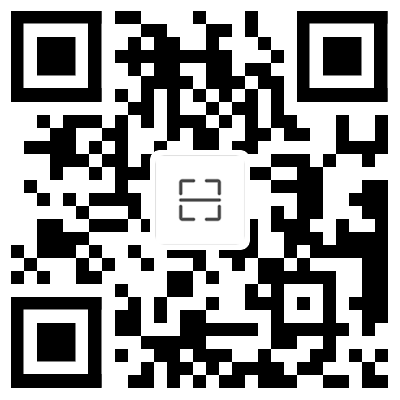他打算明天去踢足球翻译成英语然后改为肯定句,再改为疑问句,再改为否定句,谢谢了! he is planing for soccer tomorrow.is he planing for soccer tomorrow?he is not planing for soccer tomorrow
他们通常在下午跳水.肯定句 否定句 疑问句 答句(yes、no) 特问句 英语的.

1. 举例说明一般过去时肯定句、否定句、一般疑问句和特殊疑问句及其回答的用法。 一、一般过去时 肯定 I didn't eat my breakfast.否定 I ate my breakfast.一般疑问32313133353236313431303231363533e58685e5aeb931333332623964句及回答-Is your pen?Yes,it is./No,it isn't.要记住,do问do答,Is问is答,have问have答 特殊疑问句及回答这个要看问的内容是什么啊1-What is it?This is a bag.2-how are you?I'm fine,thank you.3-How long have you been skating?For three years.4-Where do we meet?At school.二、不定代词被形容词修饰时,应前置,something interesting,三、所谓极限形容词是指本身就表达一个绝对、极端意义的形容词。此类形容词通常不能用于比较级和最高级。属于该类的常见形容词有:perfect,unique,impossible,worthless,speechless,empty,full,disgusting,amazed,terrific,marvelous,excellent,exhausted,等等。但这些词前却可以带诸如absolutely,completely,quite,totally,utterly等的程度副词作修饰语,表示最高的程度;还可带有诸如almost,nearly,practically,virtually 等程度副词,表示接近最高的程度之意。如,\"That is quite impossible\"和\"It is almost impossible to say。四、英语中更有很多连词,有几个根据具体句。
把这些句子变成肯定句、否定句、一般疑问句、肯定回答、否定回答(先变成英文) 1.I'm swimming now.I'm not swimming now.Are you swimming now?No,I'm not2.I'm doing housework now.I'm not doing housework now.Are you doing housework now?No,I'm not.3.They're doing h.

